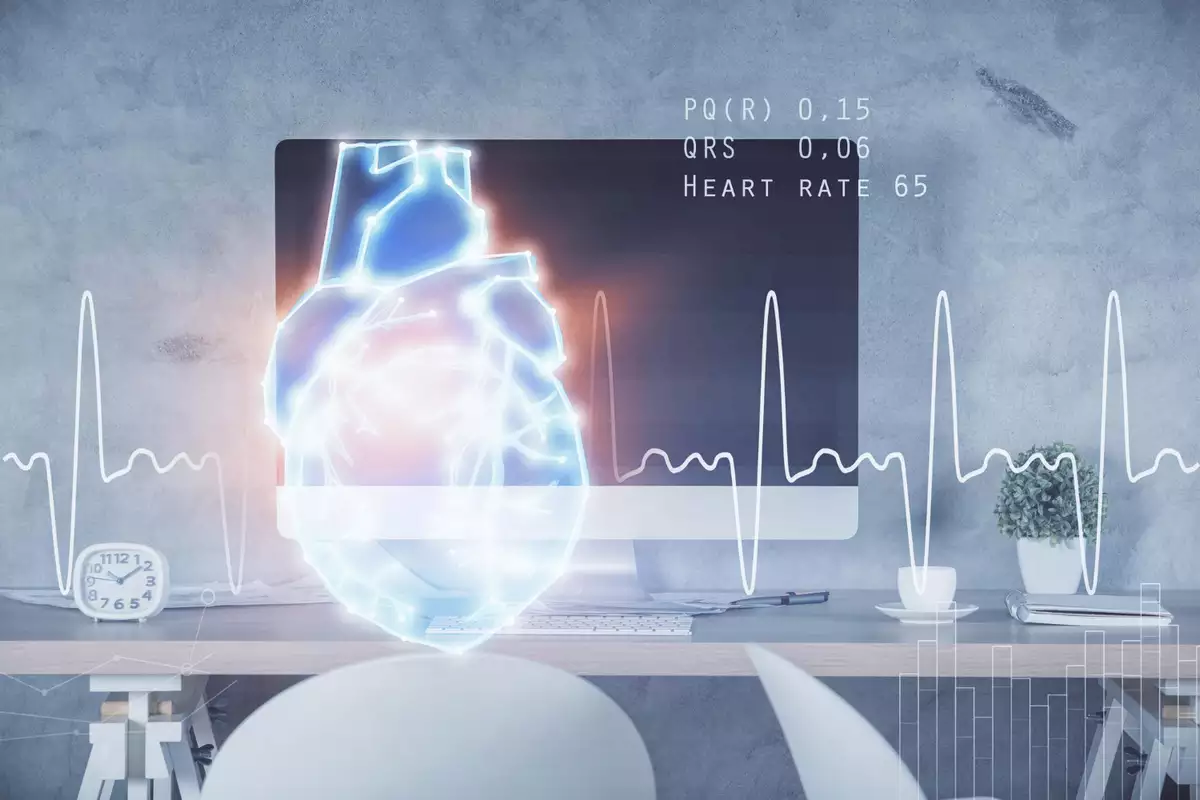A recent study confirms that COVID-19 can significantly accelerate atherosclerosis—a condition characterized by plaque buildup in the coronary arteries—thereby increasing the risk of heart attacks and strokes, even in individuals who have experienced only mild infections.

Researchers have discovered that COVID-19 triggers systemic inflammation, which accelerates the development of high-risk plaques capable of rupturing and causing vascular blockages. Dr Junbo Ge emphasizes that “COVID-19 is not just a respiratory disease: it has long-term cardiovascular consequences.” A study analyzing vascular scans of approximately 800 patients revealed that atherosclerotic plaque volume increased more rapidly in those with a history of COVID-19. Particularly concerning is the rise in coronary inflammation and arterial damage, which heightens the risk of severe cardiac events.
Post-COVID heart health requires careful management, including risk factor modification, physical activity, and medication adherence. Dr Patricia Nguyen notes that these findings align with previous research linking viral infections to cardiovascular disease. However, the study has limitations: it is retrospective, based on an Asian population sample, and does not account for variables such as physical activity and dietary habits. These factors may influence the generalizability of the results to other populations.
Medical professionals advise individuals who have recovered from COVID-19 to undergo regular cardiovascular screenings and monitor cholesterol and blood pressure levels. Dr Ge warns that “systemic inflammation after COVID-19 can lead to continued plaque growth, especially in non-calcified high-risk plaques.” Preventive strategies include lifestyle modifications, smoking cessation, a balanced diet, and statin therapy or other anti-inflammatory medications as prescribed by a physician. High-risk individuals should remain vigilant for symptoms such as chest pain or shortness of breath and seek medical attention promptly.
This article is intended for informational purposes only and should not be considered as a substitute for advice provided by qualified medical professionals.






